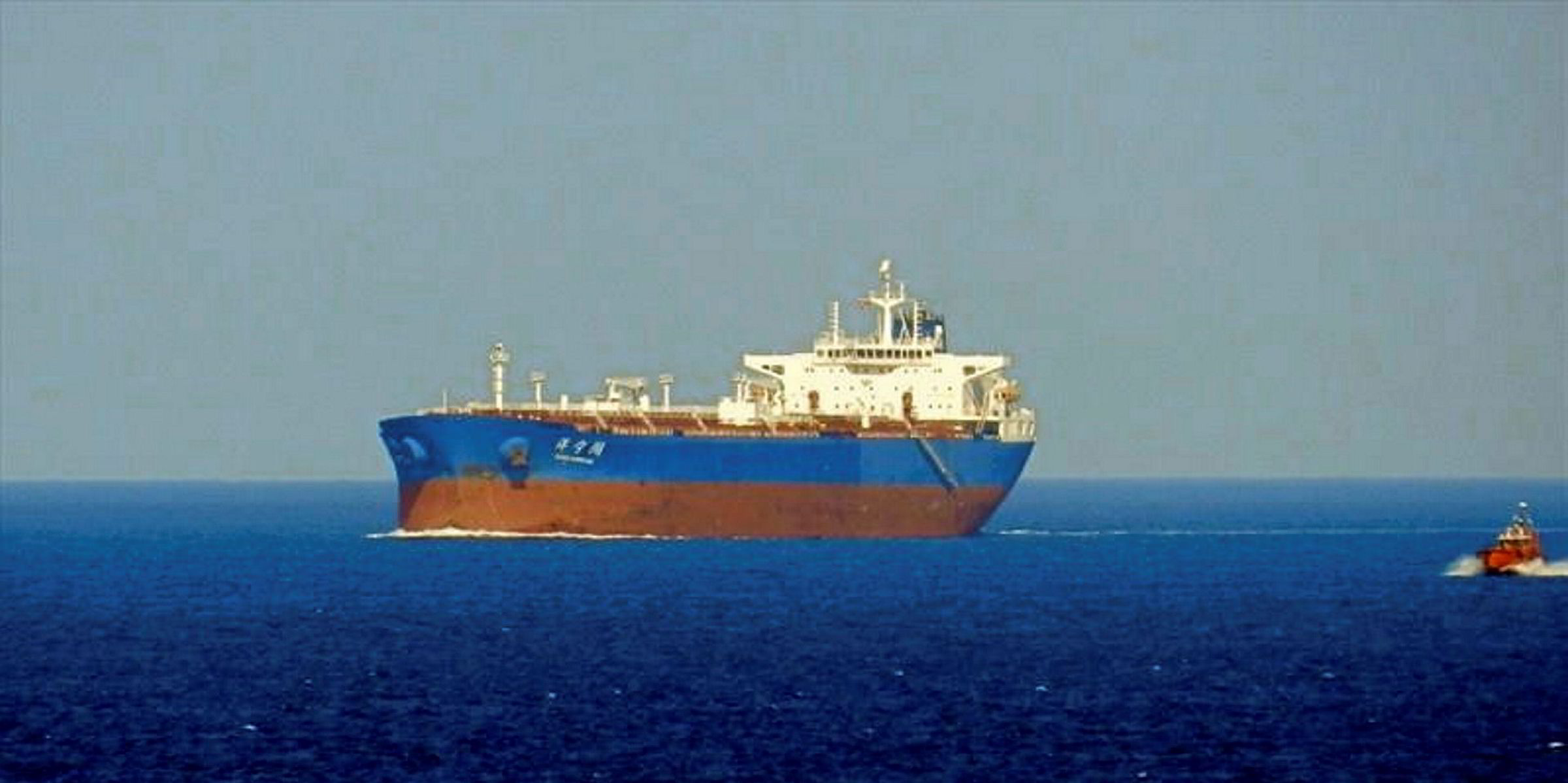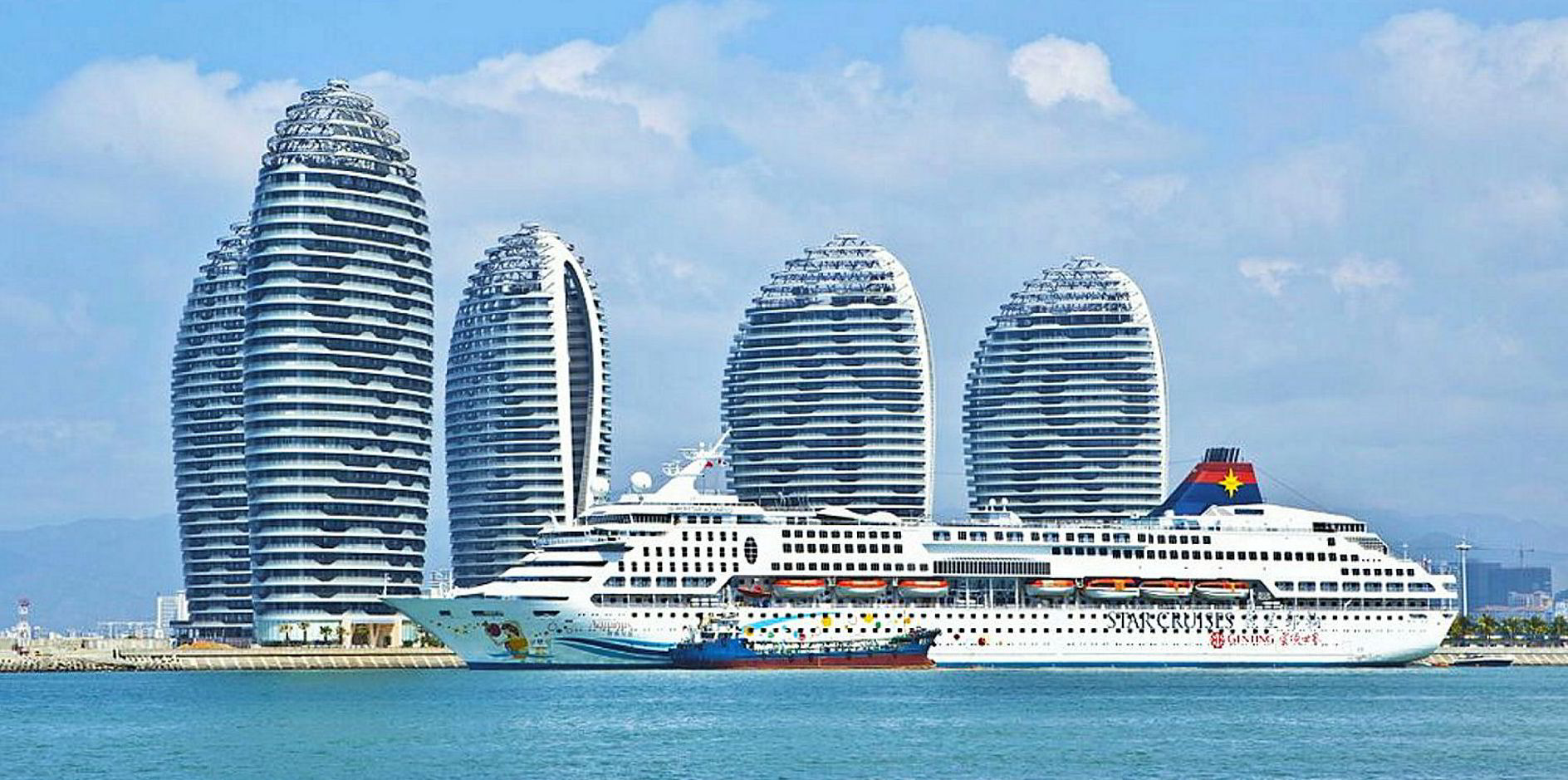The coronavirus outbreak in China could hit tanker demand if it continues longer than expected, according to US analysts.
With several cities in lockdown and more than 30m people impacted by travel bans, Chinese oil demand growth will likely take a hit from slowing transport fuel demand in the short term, wrote Jefferies' Randy Giveans, Christopher Robertson and Chadd Tribo.
This may spill over to other countries should the virus spread further.
"As a result, tanker demand could be at risk if the outbreak lasts longer than expected," the analysts said.
Trump deal trumped by virus
The analysts said fears over the disease have "usurped" the positives from the US-China phase 1 trade deal, which cut some US tariffs on Chinese goods in exchange for Chinese pledges to purchase more US farm, energy and manufactured goods.
The virus has killed 80 people and left more than 400 in a critical condition.
China has postponed the end of the current lunar new year holidays, a busy time for family journeys, until at least 2 February to curb movement, while restrictions on travel have been extended.
A total of 17 cities were under lockdown on Monday. Several areas have banned long-distance bus services, including Beijing, Shanghai and the eastern province of Shandong, which is home to 100m people.
Rates falling
Crude tanker rates were already falling last week, with modern VLCC levels dropping 10.5% to $64,973 per day, according to Jefferies.
Fearnley Securities assessed Middle East Gulf to South Korea rates at Worldscale 75 or $57,000 per day on Monday, based on heavy fuel oil use, down 39% month-on-month.
The sentiment is negative, the firm's analysts said.
Suezmax rates were down 6.6% to $47,732 per day, while in the product sector, LR1 numbers plunged 40.1% to $16,484.
But Jefferies added: "We believe the crude oil tanker market is likely to remain strong in 2020 because of low global crude inventories, rising US crude exports, and tanker supply disruptions, while the refined products tanker market should benefit from increasing global refining capacity and slowing fleet growth."
Long-term positivity remains
Cleaves Securities remained positive on tankers, saying that with the fourth quarter of 2019 exhibiting the highest spot earnings since 2008, it expects lagging asset prices and upcoming cash distributions to be the next catalysts to push shares even higher.
The investment bank said crude tankers averaged $22,000 per day in 2019, even higher than its $16,000 forecast from January 2019, as implied demand growth was the highest on record going back to 1998.
Looking ahead, the lowest orderbook since 1997 is a cause for great optimism, with strong oil supply growth in the Atlantic versus large oil demand growth in the Far East being highly beneficial for tonne-miles this year, head of research Joakim Hannisdahl said.
"Adding scrubber premiums above our previous forecast and continuously rising asset prices, the outlook for both earnings and share prices looks very positive," he added.






